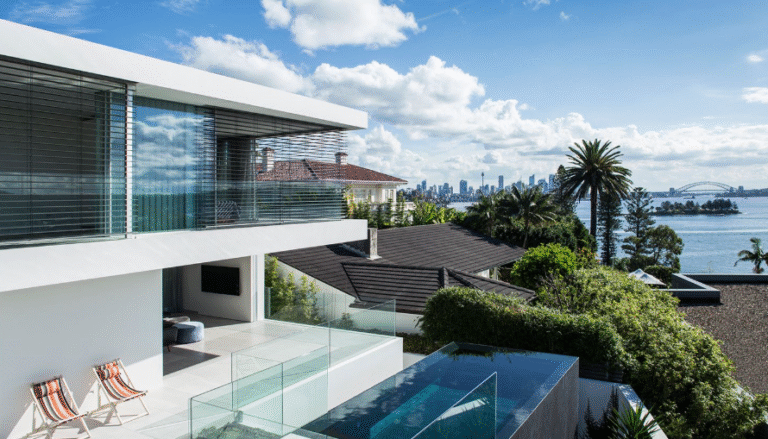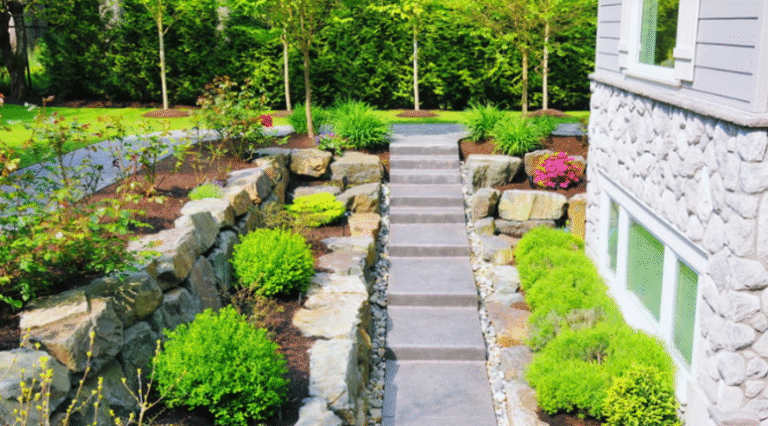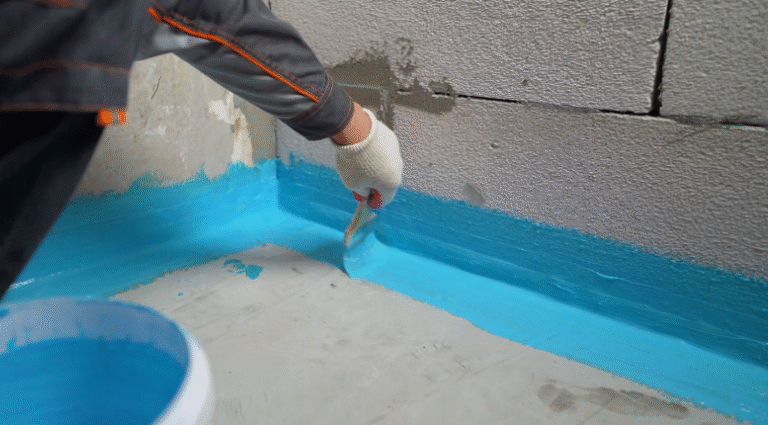Understanding Different Types of Water Drainage Systems for Homes
Managing excess water around your property is essential to protecting your home’s structure, landscaping, and overall value. Without proper drainage, water can accumulate and cause issues like soil erosion, foundation damage, and flooded basements. Homeowners seeking effective ways to manage runoff often turn to professional water drainage solutions in Johns Creek to ensure their property remains safe and functional year-round. Knowing the different types of drainage systems available can help you choose the right one for your home’s specific needs.
Surface Drainage Systems
Surface drainage systems are designed to quickly remove water from the top layer of soil, preventing pooling on your lawn, driveway, or patio. These systems often involve shallow ditches or swales that direct water to designated runoff points. Catch basins may be installed to collect excess water before channeling it away through pipes. This approach is ideal for homes with flat or gently sloped yards where rainwater tends to accumulate after heavy storms.
See also: 6 Unexpected Things Home Cleaning Service Teams Always Notice
Subsurface Drainage Systems
For properties experiencing water buildup beneath the soil, subsurface drainage systems provide an effective solution. These systems use perforated pipes buried underground to collect and redirect water away from the home. By targeting excess moisture below the surface, subsurface drainage helps keep lawns healthy and reduces the risk of root rot for plants and trees.
French Drains
French drains are a popular choice for addressing persistent water issues in both residential and commercial properties. This system consists of a trench filled with gravel or rock that houses a perforated pipe. The pipe collects and transports water away from problem areas, preventing it from saturating the soil. French drains are particularly effective for properties with poor natural drainage and can be installed in specific problem zones, such as around the foundation, to prevent basement leaks and erosion.
Channel Drains
Channel drains, also known as trench drains, are narrow surface drains used primarily in paved areas like driveways, garages, and pool decks. They feature a grated cover that allows water to flow in and be carried away through underground pipes. This type of drainage system is highly effective in preventing water from pooling on hard surfaces where it can cause damage or create slippery conditions.
Custom Solutions for Complex Yards
Some properties require a combination of systems to handle multiple drainage challenges. Professionals often design custom plans by incorporating various methods to address unique site conditions. Solutions may include slope adjustments, retaining walls, and integrated catch basin networks to create a cohesive water management system. In more complex setups, incorporating effective backyard drainage solutions ensures that areas prone to flooding or saturation are addressed strategically. This not only protects your property but also enhances its usability and appearance.
Building a Comprehensive Drainage Plan
Understanding your property’s topography, soil type, and water flow patterns is essential when selecting a drainage system. Learning to build a comprehensive water drainage system for your property helps to address both current and potential issues. A well-designed system will consider seasonal rainfall, landscaping features, and the overall layout of the home.
Maintenance and Long-Term Benefits
Regular maintenance ensures that drainage systems continue functioning effectively. This may involve clearing debris from grates, checking for clogs in pipes, and ensuring that slope and grading remain intact. Over time, a properly maintained system reduces costly repairs, protects landscaping investments, and prevents damage to the home’s structure.
Conclusion
Choosing the right water drainage system is a vital step in safeguarding your home from water damage. From surface drains to French drains and custom-designed solutions, each option serves a specific purpose in managing runoff and protecting your property. With a well-planned and maintained system, you can ensure your home remains secure, your landscaping thrives, and your investment is protected for years to come.






